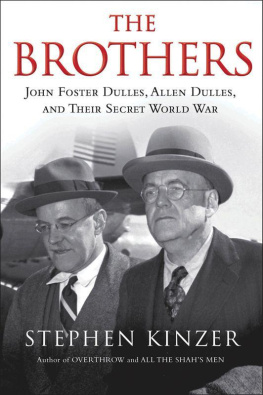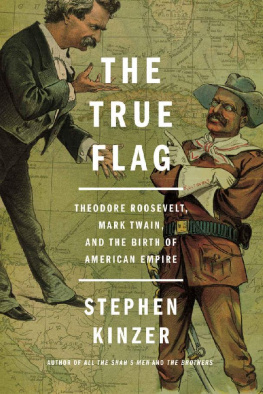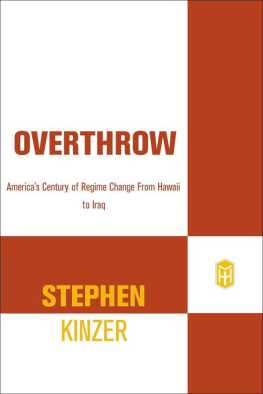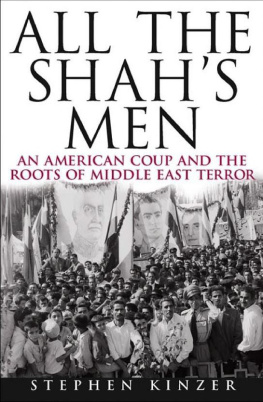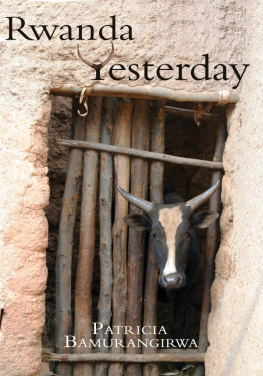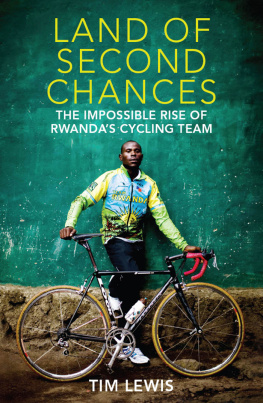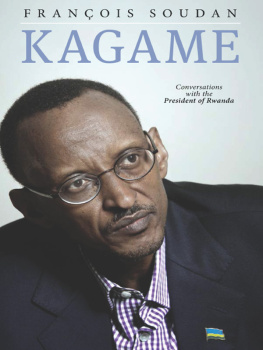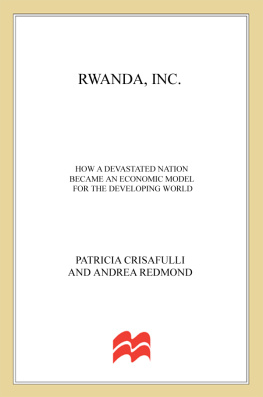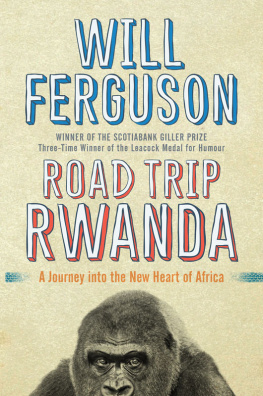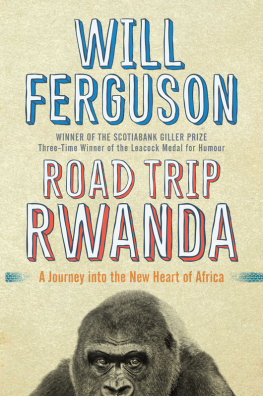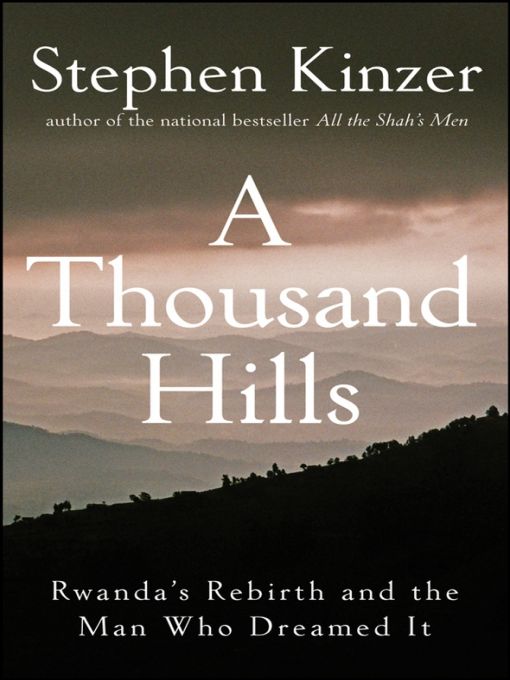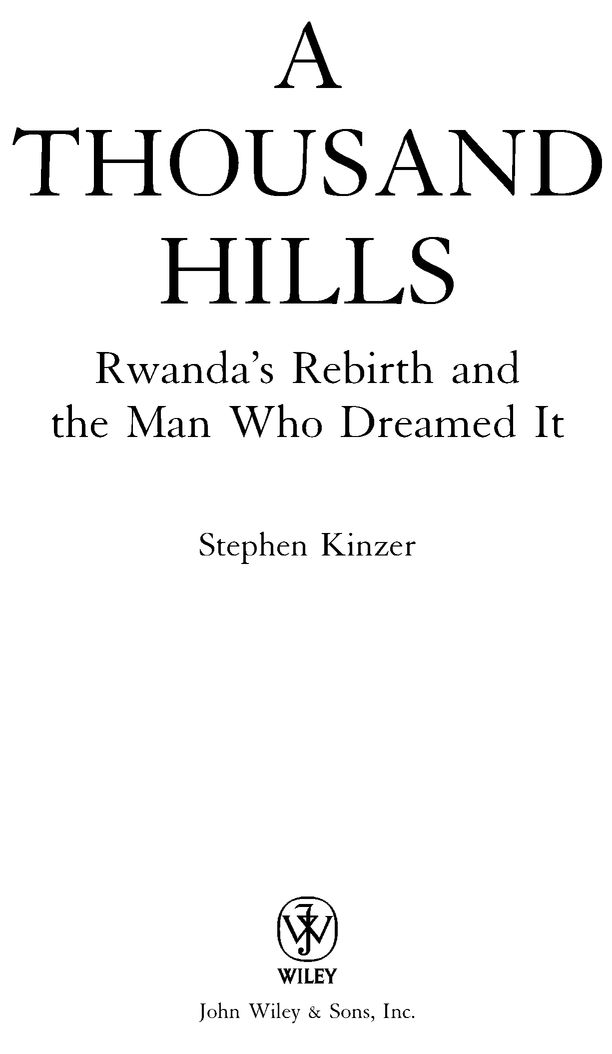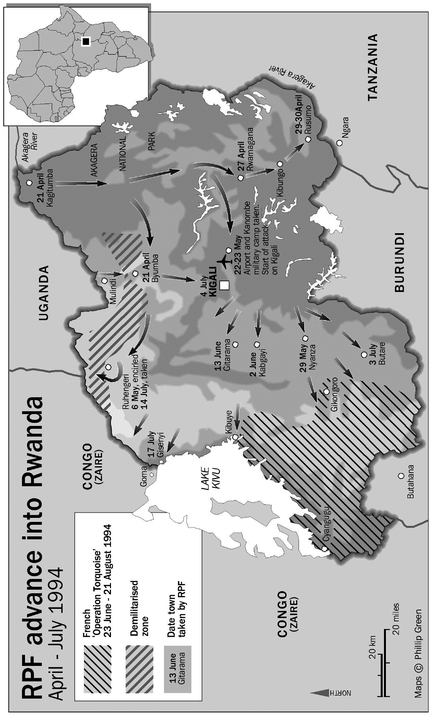Table of Contents
To the people of Rwanda
Though we seemed dead, we did but sleep.
Shakespeare
ACKNOWLEDGMENTS
This book could not have been written without the cooperation of its main character, President Paul Kagame. During 2006 and 2007 he generously sat for more than thirty hours of interviews. He did not ask for any control over the manuscript, nor was he given any.
All italicized quotes from President Kagame that appear in this book, along with others that are not otherwise sourced, come from my interviews with him. Those that come from other sources are footnoted. Quotes from other Rwandans that are not otherwise sourced also come from my interviews.
Every quote in this book is rendered verbatim, but with three adjustments to assure consistency and avoid confusion.
People from Rwanda are usually called Rwandan, but some use the word Rwandese instead. I have rendered it as Rwandan in every case.
Guerrillas of the Rwandan Patriotic Front who fought from 1990 to 1994 officially composed the Rwandan Patriotic Army, or RPA. Most people, however, continued to refer to both this force and its political umbrella organization as the RPF. In this narrative, I do the same.
There is no fixed rule about the plural of the words Hutu and Tutsi. I have chosen the more common usage, which does not place an s at the end of these designations.
Insightful readers, especially Laura Hoemeke, Richard Orth, Karen Schmidt, and James Stone, made valuable comments on portions of this manuscript. The accomplished editrice Elmira Bayrasli deftly helped shape it. Sierra Millman provided valuable research help. None of these readers saw the final draft, however, and therefore are not responsible for any errors.
Grace Lewis and others at the Oak Park Public Library in Oak Park, Illinois, helped me find books and articles from obscure sources.
Davinah Milenge was the always-patient presidential aide who served as my intermediary with President Kagame.
Joseph Bideri, George Baryamwisaki, Patricia Kanyiginya, and Frederick Munyarubuga helped me find images for the photo insert.
Wherever I traveled in Rwanda, people willingly spoke with me, guided me, and helped me. Rwandans living abroad also shared valuable perspectives. Their generosity led me to whatever understanding of their country is reflected in this book.
Why wouldnt you find it despicable to live in this situation? Why should we be a country that depends on other people? Whats wrong with us? Why do we live off other peoples money, off the taxpayers of other countries? How can it be that people who lived in this country two hundred years ago were better off than we are today? What happened? We are descendants of people with integrity, people who were hardworking, people who stood up and fought for their rights. We have been put in a position of being despised, of being held in contempt. We dont deserve that, and we have within ourselves what we need to stand up to these challenges.
INTRODUCTION
DURING ONE OF MY STAYS IN RWANDA, an unlikely visitor turned up. He was the luckless fellow whom fate had temporarily made president of Somalia, one of the worlds most chaotic states. Warlords control large regions of Somalia, terror is a way of life in much of the country, and most citizens dare not even dream of peace, safety, or fulfilling lives.
The president of this benighted country came to Rwanda begging for alms. What he wanted most was a contingent of soldiers from the crack Rwandan army to help him stabilize Mogadishu. He also asked President Paul Kagame for whatever other aid might be available, anything at all that might help him confront the overwhelming challenge of reviving his shattered nation.
Within this encounter lies the essence of what makes modern Rwanda so fascinating. In the mid-1990s, both Rwanda and Somalia lay in ruins. The Rwandan genocide had taken as many as a million lives or more, and Somali warlords were tearing their country apart. These were probably the two most devastated countries on earth. The phrase failed state barely hints at the hell into which they had fallen. Both seemed headed for either ethnic dictatorship or endless turmoil.
Somalia, as most people predicted, continued its free fall into chaos and anarchy. Rwanda, however, rebelled against its destiny. It has recovered from civil war and genocide more fully than anyone imagined possible and is united, stable, and at peace. Its leaders are boundlessly ambitious. Rwandans are bubbling over with a sense of unlimited possibility. Outsiders, drawn by the chance to help transform a resurgent nation, are streaming in.
Why did Rwanda recover from its catastrophe while Somalia did not? That question leaped to my mind as I watched their presidents shake hands. Barely a decade after its cataclysm, Rwanda is not only peaceful but exciting and full of promise. How did this happen?
Around the same time Somalias president visited Rwanda with palm outstretched, another story burst onto Africas front pages. This one was from Kenya, which like other African nations once seemed full of promise but is staggering under the weight of violence and corruption. An elderly American missionary who had spent most of her life in Africa, together with her fifty-two-year-old daughter, were murdered by carjackers on the outskirts of Nairobi. Senseless killings like these have become common in some parts of Africa. Because the victims of this one were white, it sent a wave of horror through the expatriate community. Among those it shocked was one of my friends, who ran an aid program in Nairobi. Before she could recover her equilibrium, her own gated compound, where guards are on constant duty and there is an alarm button in every room of every house, was invaded by a rampaging gang armed with assault rifles. The next day my friend decided she could no longer subject her family to such danger. She quit her job and made plans to leave the country.
This story too has a special resonance for Rwandans and their friends. In Rwanda there are no carjackers or armed gangs. People walk the streets at all hours carrying money, cell phones, and other valuables. If police officers stop a car, it is to check whether seat belts are fastened, not to threaten, extort, or kidnap.
Rwanda is not being torn apart by unending civil war, like Somalia, or by criminal violence, like Kenya. Instead, it is stable, its people groping their way toward modernity and liberation. I spent months traveling in Rwanda, and wherever I stopped, I asked people how this had come to pass. Nearly all gave me the same answer. Many even used the same words.
In the end, they told me, its all about leadership.
The central figure in Rwandas rebirth, Paul Kagame, emerged during the first decade of the twenty-first century as one of the most intriguing leaders in Africa. He preaches a doctrine of security, guided reconciliation, honest governance, and, above all, self-reliance. Already, he has brought Rwanda much that was inconceivable in the wake of the 1994 genocide: law and order, the beginnings of economic growth and social transformation, a cooling of sectarian passions, and, most astonishing of all, a pulsating sense of enthusiasm and optimism.


